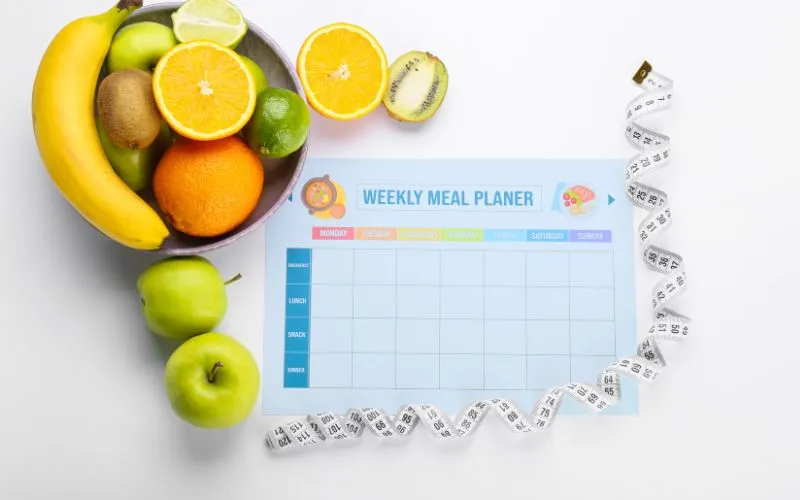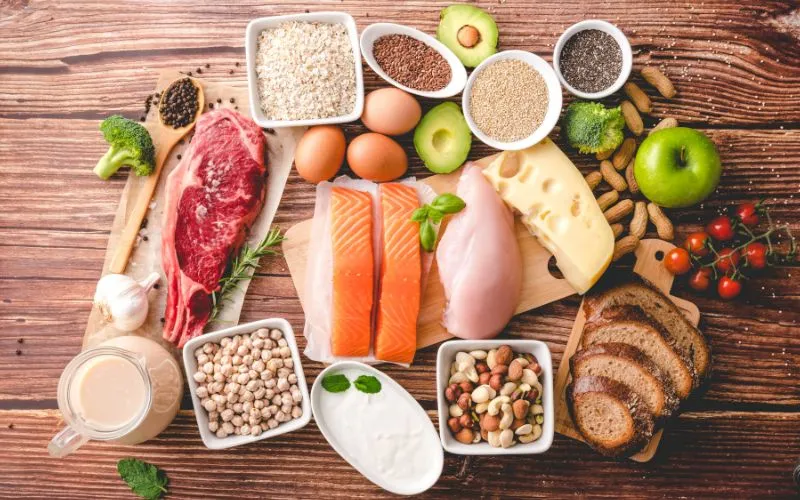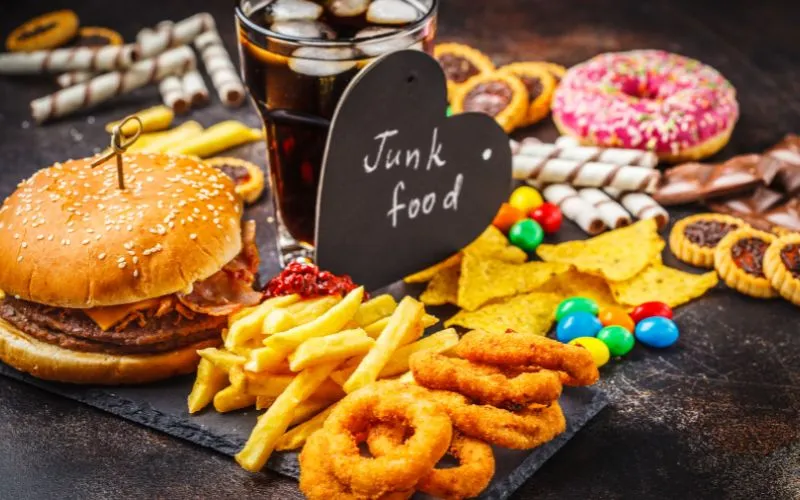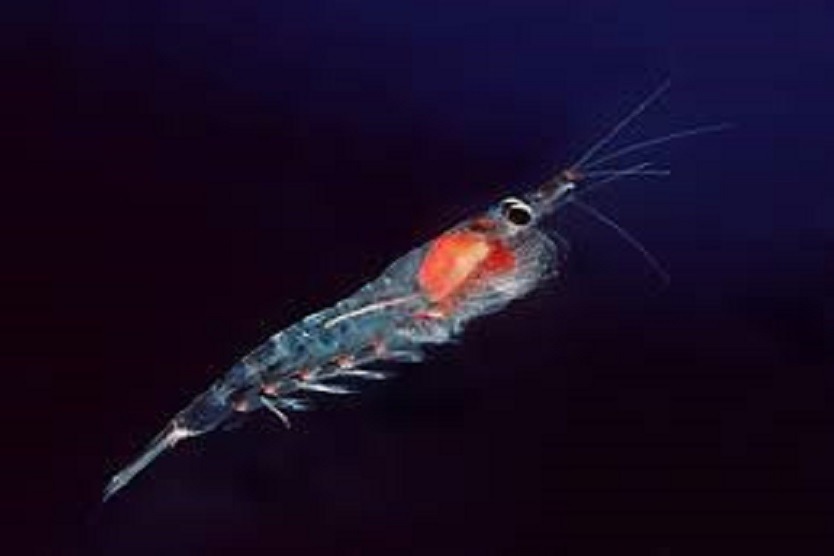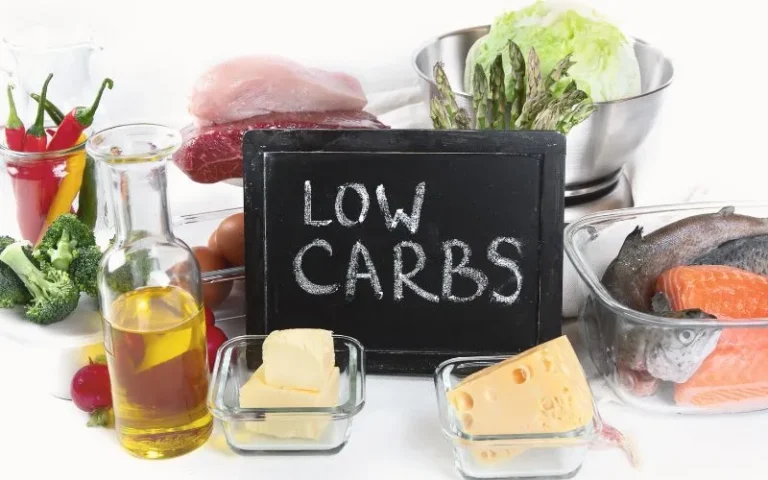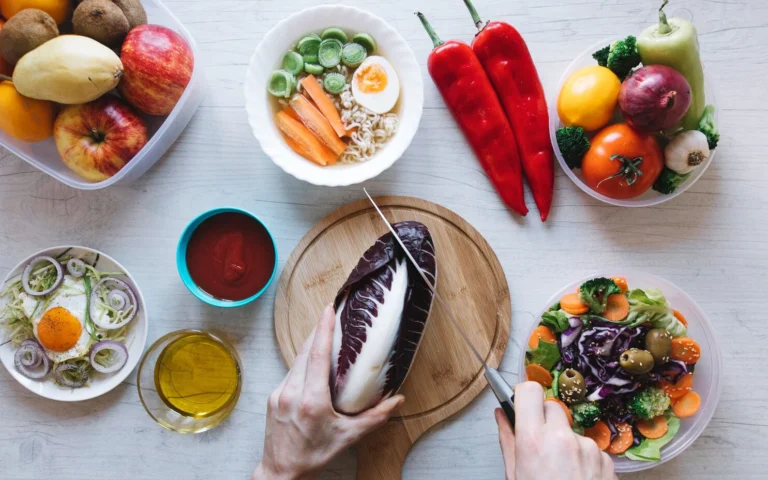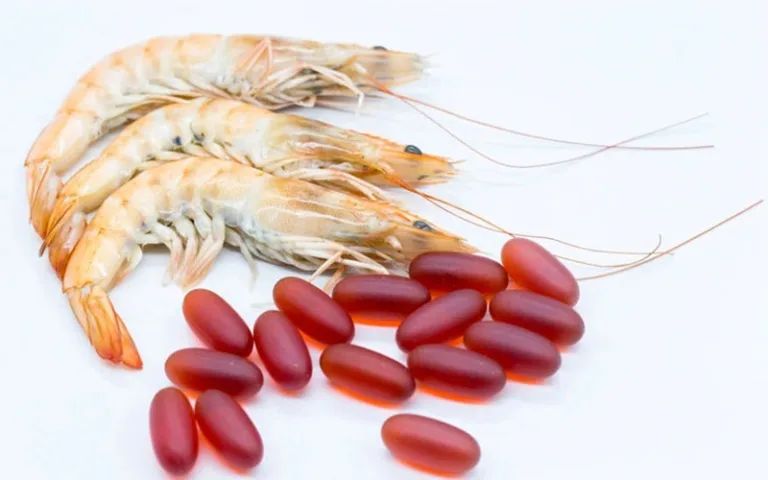Maintaining a balanced diet can be a real challenge, but a structured meal plan can simplify the process. A 2000-calorie meal plan is ideal for many individuals seeking to maintain or achieve a healthy weight. This plan provides ample energy and essential nutrients and includes a variety of foods to keep meals interesting and satisfying. By incorporating diverse ingredients, you’ll benefit from a rich array of flavors and health advantages, including antioxidants and a lectin-free diet. Let’s explore a comprehensive 7-day meal plan to help you reach your nutritional goals.
The Standard Of 2,000 Calories
Although individual nutritional needs vary, 2,000 calories are widely accepted as a standard reference. This guideline is based on the average requirements for most adults and is used in meal planning, as outlined in the 2020–2025 Dietary Guidelines.
Nutrition labels also use this 2,000-calorie benchmark to help consumers understand their dietary intake. Labels often state: “Percent Daily Values are based on a 2,000-calorie diet. Your Daily Values may be higher or lower depending on your calorie needs.” This helps people compare nutrient contents, like sodium or sugar, in different foods against recommended daily levels.
Varying Caloric Needs
Calories provide the energy necessary for the body’s functions. Since everyone’s body and lifestyle differ, calorie needs can vary widely. Generally, adult women need between 1,600 and 2,400 calories per day, while men require between 2,000 and 3,000 calories. Some people might need more or fewer than 2,000 calories daily, especially during growth phases like pregnancy or adolescence.
Achieving caloric equilibrium by managing energy intake and expenditure is crucial for weight management. A surplus of calories leads to weight gain, whereas a deficit results in weight loss. Maintaining a balance between caloric intake and expenditure is key to weight maintenance and boosting the metabolic system.
Can A 2,000-calorie Diet Support Weight Loss?
For some, a 2,000-calorie diet may assist in weight loss, depending on age, gender, height, activity level, and weight loss objectives. While reducing calorie intake is key to weight loss, other elements like environment, socioeconomic status, and gut bacteria influence it.
For instance, reducing daily intake from 2,500 to 2,000 calories could lead to a weight loss of about 1 pound per week since 3,500 calories equate to 1 pound of body fat. However, for some, a 2,000-calorie diet might exceed their needs, potentially causing weight gain.
7-Day 2000 Calorie Meal Plan
This 7-day meal plan is designed to offer balanced nutrition and includes at least one meal with Antarctic krill each week. Enjoy the benefits of krill, rich in antioxidants and essential nutrients, while savoring delicious and varied meals.
Monday
| Meal | Food Items | Calories |
| Breakfast | Greek yogurt with honey and walnuts | 400 |
| Lunch | Grilled chicken salad with daikon radish and cucumber | 550 |
| Snack | Apple slices with almond butter | 250 |
| Dinner | Baked salmon with asparagus and quinoa | 800 |
| Total | 2000 |
Tuesday
| Meal | Food Items | Calories |
| Breakfast | Oatmeal with berries and chia seeds | 350 |
| Lunch | Turkey and avocado wrap with a side of cucumber slices | 550 |
| Snack | Hummus with carrot sticks | 250 |
| Dinner | Stir-fried beef with daikon radish and brown rice | 850 |
| Total | 2000 |
Wednesday
| Meal | Food Items | Calories |
| Breakfast | Smoothie with spinach, banana, and protein powder | 400 |
| Lunch | Quinoa salad with chickpeas, cucumber, and tomatoes | 500 |
| Snack | Mixed nuts | 250 |
| Dinner | Grilled chicken with roasted vegetables and sweet potato | 850 |
| Total | 2000 |
Thursday
| Meal | Food Items | Calories |
| Breakfast | Scrambled eggs with spinach and whole-grain toast | 400 |
| Lunch | Mediterranean salad with olives, feta, and cucumber | 550 |
| Snack | Cottage cheese with pineapple | 250 |
| Dinner | Baked cod with daikon radish and wild rice | 800 |
| Total | 2000 |
Friday
| Meal | Food Items | Calories |
| Breakfast | Pancakes with fresh berries and maple syrup | 450 |
| Lunch | Lentil soup with a side of mixed greens | 500 |
| Snack | Greek yogurt with honey and granola | 250 |
| Dinner | Chicken stir-fry with bell peppers, asparagus, and brown rice | 800 |
| Total | 2000 |
Saturday
| Meal | Food Items | Calories |
| Breakfast | Smoothie bowl with berries, nuts, and seeds | 450 |
| Lunch | Tuna salad with cucumber and whole grain crackers | 500 |
| Snack | Ants on a log (celery with peanut butter and raisins) | 250 |
| Dinner | Grilled steak with asparagus and mashed potatoes | 800 |
| Total | 2000 |
Sunday
| Meal | Food Items | Calories |
| Breakfast | Avocado toast with poached eggs | 450 |
| Lunch | Krill and avocado sushi rolls with a side of cucumber salad | 500 |
| Snack | Dark chocolate squares | 250 |
| Dinner | Roasted chicken with daikon radish and mixed vegetables | 800 |
| Total | 2000 |
Foods To Eat
A healthy, balanced diet should focus on whole, unprocessed foods. Ensuring you get enough carbs, protein, and fat from high-quality sources. Prioritize the following foods:
- Whole grains: Brown rice, oats, quinoa, etc.
- Fruits: Berries, apples, bananas, etc.
- Non-starchy vegetables: Kale, broccoli, zucchini, etc.
- Starchy vegetables: Sweet potatoes, peas, plantains, etc.
- Dairy products: Yogurt, kefir, cheese.
- Lean meats: Turkey, chicken, beef.
- Nuts and seeds: Almonds, sunflower seeds, natural nut butter.
- Fish and seafood: Salmon, tuna, shrimp.
- Legumes: Chickpeas, black beans, lentils.
- Eggs: Organic, whole eggs.
- Plant-based protein: Tofu, tempeh, seitan.
- Healthy fats: Avocados, olive oil, coconut oil.
- Spices and herbs: Ginger, turmeric, parsley, basil.
- Calorie-free beverages: Black coffee, tea, sparkling water.
Adding protein to meals can promote fullness and aid weight loss. Monitoring carb intake and choosing the right types of carbs is also beneficial.
Foods To Avoid
Avoid foods with little nutritional value and high in empty calories. Limit or avoid the following:
- Added sugars: Agave, baked goods, ice cream.
- Fast food: French fries, hot dogs, pizza.
- Processed and refined carbs: White bread, crackers, sugary cereals.
- Fried foods: French fries, doughnuts, potato chips.
- Sugary beverages: Sodas, sports drinks, fruit punch.
- Diet and low-fat foods: Diet ice cream, snacks, artificial sweeteners.
Conclusion
Following a 2000-calorie meal plan can help you maintain a healthy lifestyle while enjoying various nutritious foods. This 2000-calorie meal plan offers a balanced approach to meal planning, ensuring you get the necessary nutrients to support your health and well-being.
Frequently Asked Questions
Is A 2000 Calorie Meal Plan Suitable For Everyone?
2000 calorie meal plan is generally suitable for moderately active adults. However, individual calorie needs based on age, gender, weight, and activity level. It’s best to consult with a healthcare provider for personalized advice.
Can A 2,000 Calorie Diet Aid Weight Loss?
A 2,000-calorie diet can help some people lose weight, depending on factors like age, gender, height, weight, activity level, and weight loss goals. Reducing your daily calorie intake from 2,500 to 2,000 can result in losing about 1 pound per week, as 3,500 calories equate to 1 pound of body fat.

